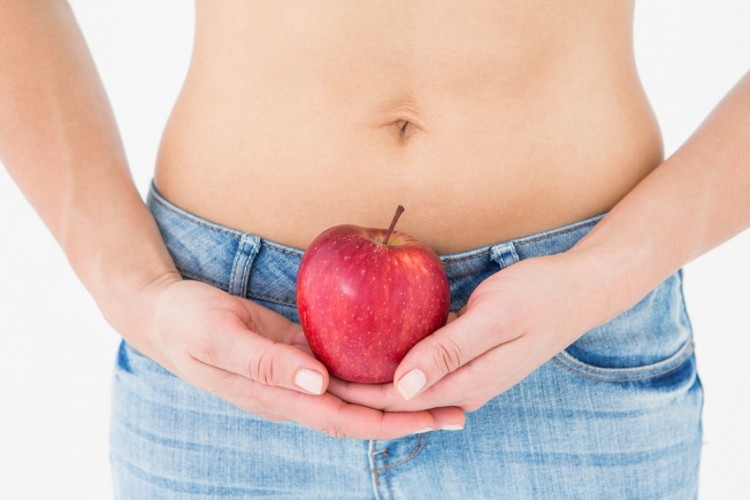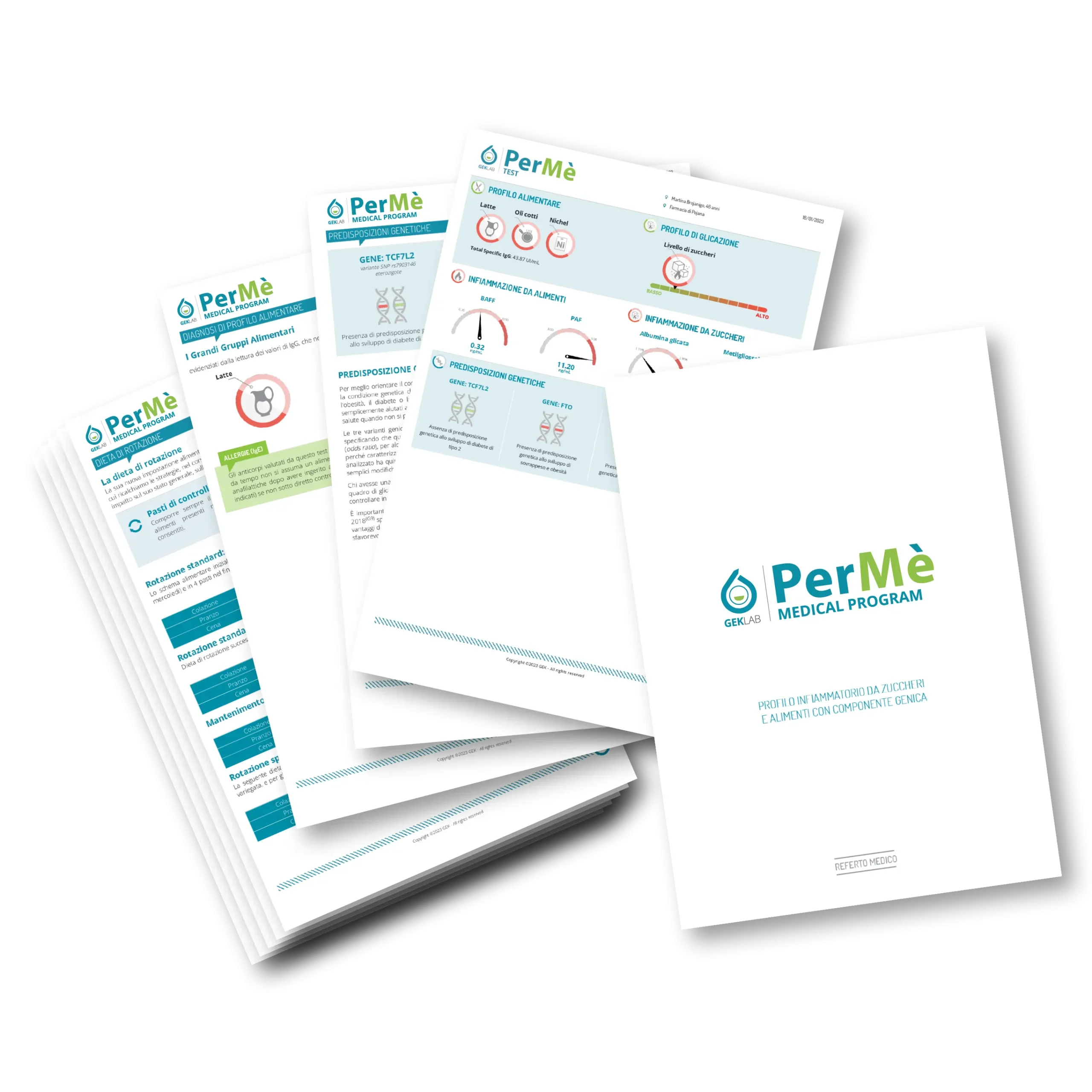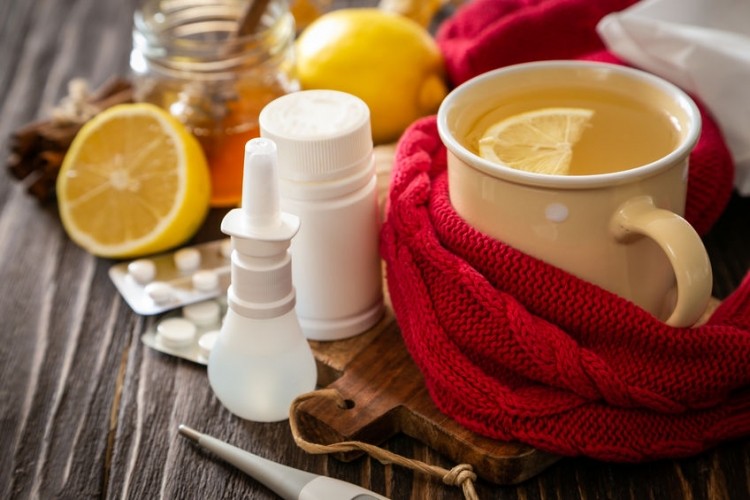
Candidiasis, often mentioned but rarely fully understood, is an infection caused by a fungus known as Candida Albicans. Although this fungus mostly coexists peacefully with us as a natural component of our body’s ecosystem, there are times when it “rebels,” growing uncontrollably and causing a series of uncomfortable symptoms.
Causes of Candida: beyond the surface
Imagine Candida Albicans as a silent tenant in our body. It resides in places like the intestines, skin, mouth, and other mucous membranes. Like any tenant, there are times when it can become problematic, especially when its environment undergoes changes. When the balance of our body is disrupted—for example, due to an excessive presence of sugars—Candida finds the perfect conditions to grow, causing disorder in our system.
When the balance of our body is disrupted—for example, due to an excessive presence of sugars—Candida finds the ideal conditions to grow, causing turmoil in our system.
Deciphering Candida Symptoms
dentifying candidiasis can be like solving a puzzle. The most common symptoms include itching, burning, redness, and abnormal discharge, which are typical of vaginal infections. But Candida doesn’t stop there. In some cases, it can even cause conjunctivitis, sore throat, bladder infections, and kidney infections. When it colonizes the intestines, it brings along other symptoms such as bloating, colitis, and digestive issues.
There is a form of oral candidiasis, also known as “thrush,” typical in children or adults who are weakened or immunocompromised.
Natural Remedies for Candida: Nutrition and Inflammation
Fighting candidiasis doesn’t just mean relying on medication. Nature offers a wide range of remedies.
A balanced diet, rich in fiber and low in sugars, can be a powerful ally. On the other hand, Candida feeds on sugar, so the first step is to limit simple sugars, which, when consumed regularly, inflame the body and promote Candida proliferation. Instead, choose whole carbohydrates that are richer in fiber, which help combat candidiasis and have a positive effect on the intestinal flora (which includes Candida), while also preventing stagnation and fermentation.
Don’t forget to include colorful fruits and vegetables in your daily diet, rich in antioxidants.
Ideally, it’s best to define a personalized nutritional profile, such as through the PerMé Medical Program, to check for potential inflammation caused by sugars and/or certain food classes. While awaiting the results, it’s also helpful to do a couple of “cleansing” days during the week, avoiding the consumption of yeast and fermented products (such as bread, cookies, toast, brioche, but also beer, soy sauce, and kefir…), as these foods are most involved in Candida proliferation.
In many cases, diet proves to be the determining factor in whether this microorganism regresses or proliferates
Specific pharmacological treatment for candidiasis, when necessary, uses antifungal agents either locally or systemically, depending on the severity and nature of the infection.
The Connection Between Candida and Stress
Our body reacts in surprising ways to stress. This silent enemy can weaken our defenses, making us more susceptible to infections, including candidiasis.
Stress is a sworn enemy of the intestinal microflora, which serves as a barrier to the spread of Candida. A diet rich in fiber is also a valuable ally for the intestinal bacteria that provide a strong natural defense against candidiasis. Once again, this highlights the importance of avoiding refined products in favor of whole grains and cereals, as well as generous portions of vegetables (less sweet) and fruit.
Fortunately, there are many ways to combat stress, from meditation to yoga, tai chi to more traditional physical activity.
As we often mention, unfortunately, we tend to abandon our healthy exercise habits during times of greater stress, when, in fact, it would be more beneficial to continue them
Preventions Strategies
Prevention is the best medicine. In addition to diet, which we have already extensively discussed, there are some simple steps, such as avoiding excessive use of antibiotics, maintaining personal hygiene, and choosing comfortable clothing made from natural fibers that do not promote moisture retention in intimate areas.
Candidiasis is a warning signal that our body sends us. Listening to it, educating ourselves, and adopting a holistic approach to care and prevention is the key to keeping this fungus under control and avoiding troublesome recurrences.
Edited by The scientific editorial team GEK Lab





